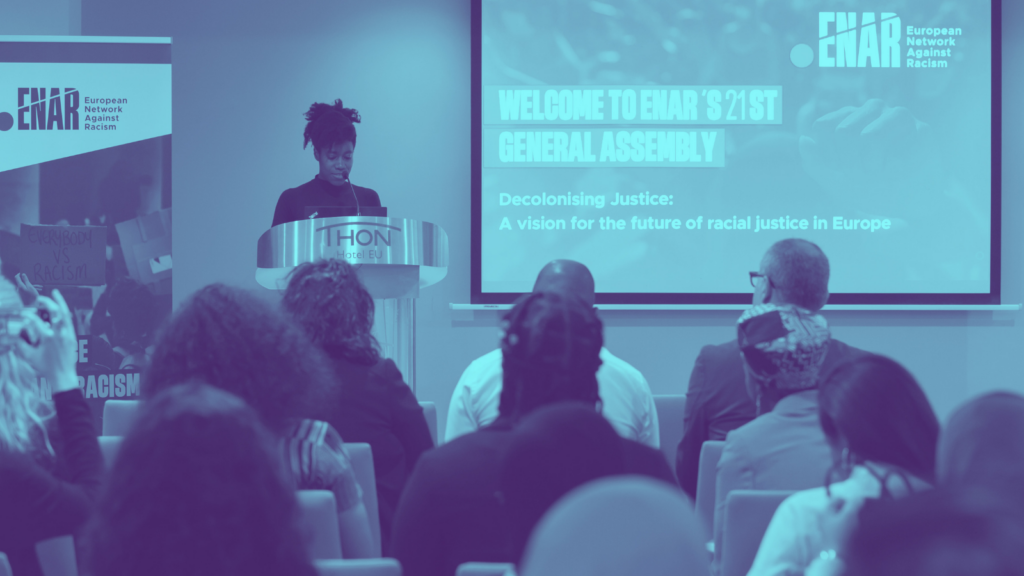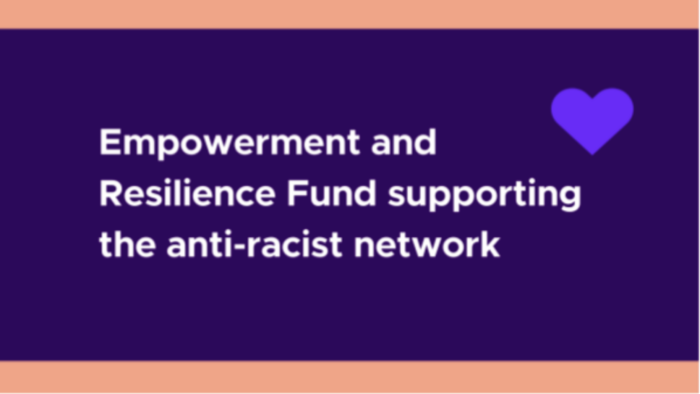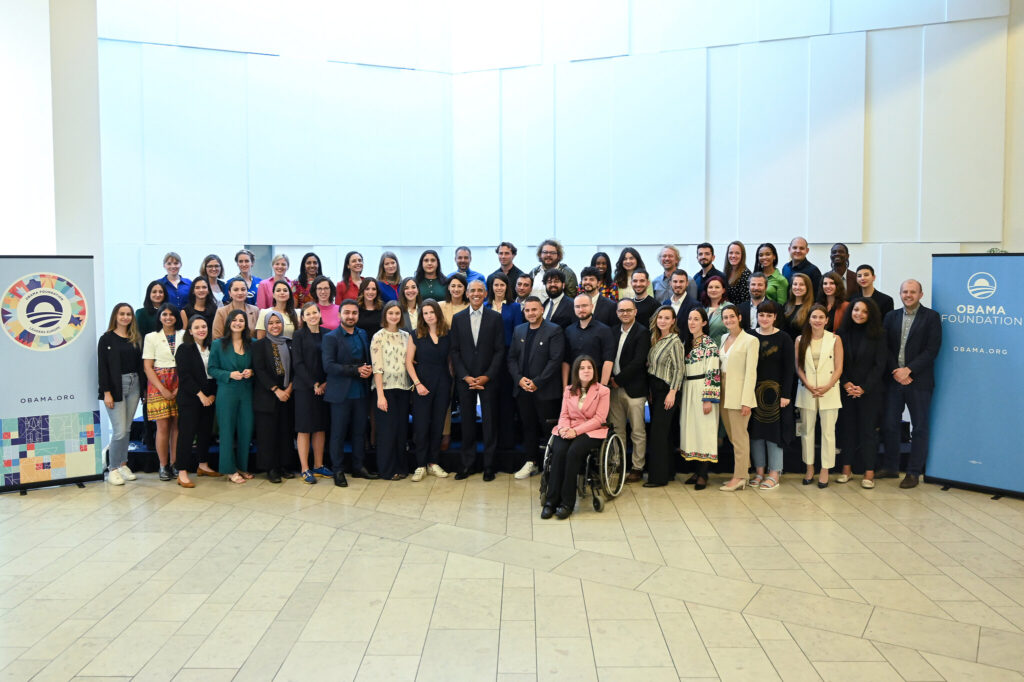On 10 December 2021, the European Network Against Racism (ENAR) published a comprehensive report on racist police brutality in Europe, accusing authorities of disproportionally targeting marginalized groups. ENAR leaders also claimed the police are “an institution founded on principles of inequality and indignity.” According to a press release on the ENAR website:
According to ENAR’s new report ‘The sharp edge of violence: Police brutality and community resistance of racialised groups’, racist police brutality and violence is more than just an instance of violence against an individual, and more than just hateful acts between individuals. It is a product of structural racism and a symptom of racial injustice. (…) The results foster a culture of impunity where acts of racism are often not held to account, leaving racialised groups over-policed and under-protected.
Read the rest here.
The 56-page report, titled “The Sharp Edge of Violence: Police brutality and community resistance of racialized groups,” was mainly authored by ENAR Senior Researcher Ojeaku Nwabuzo and published with the financial support of the Rights, Equality and Citizenship Programme of the European Union, the Open Society Foundations, the Joseph Rowntree Charitable Trust, and the ENAR Foundation.
The report relied on data compiled on approximately 40 police brutality/discrimination incidents in five EU member states (Croatia, France, Belgium, Sweden, and Bulgaria) between 2015 and 2020. Several instances of alleged police violence in each country were analyzed, and ENAR said it also carried out several interviews with victims and their families and lawyers to get a more in-depth understanding of the incidents. ENAR found that police officers were rarely held to account for their human rights abuses and that institutional racism remained rampant, adding that officers accused of killing “racialized” people had routinely avoided being charged and convicted over these deaths. Concluding its report, the group made several policy suggestions and called for “a transformative justice approach” to tackle the issue at hand. This approach, according to ENAR, would include divesting from the police and “breaking it up into its constituent parts,” leaving how to do this to the imagination. Karen Taylor, Chair of the ENAR Board, also urged policy-makers as well as local communities to wholly “redefine” the meaning of safety and security, suggesting the police were an institution “rotten at the root.” The ENAR recommendations bear a striking resemblance to the “Defund the Police” movement in the US, which grew out of the protests surrounding the death of George Floyd at the hands of the police. The movement is generally associated with the so-called Progressive Left in the US.
ENAR has long lobbied for stricter measures against racism at the European level and demanded that EU anti-terrorism legislation consider the impact on groups it believes are at heightened risk of discrimination. It is an association of over 150 NGOs headquartered in Brussels, Belgium, and describes itself as “the voice of the anti-racist movement in Europe.” Former ENAR Director Michaël Privot, who in 2008 openly acknowledged that he was a member of the Muslim Brotherhood, has served in leading positions in several organizations tied to the Global Muslim Brotherhood. One of ENAR’s former members was the Collectif Contre l’Islamophobie en France, an Islamist influence operation with ties to organizations part of the GMB in Europe and which was dissolved by the French authorities in 2020. In 2019, ENAR was one of 21 signatories to an open letter published by a self-described “informal European coalition against Islamophobia,” which was comprised mainly of organizations and one individual tied to the GMB in Europe.












